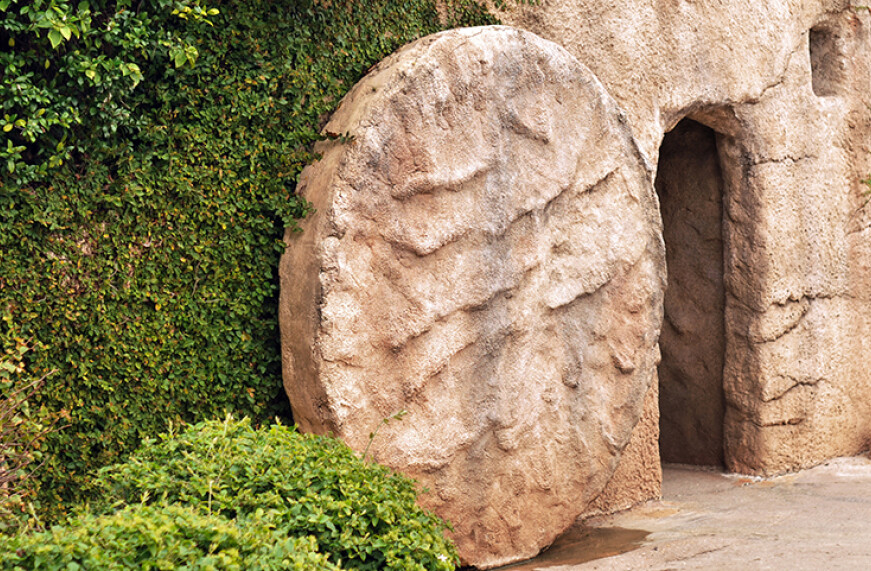Rejoice in the Lord Always

Gaudete Sunday in Advent is a day to celebrate the joy of anticipating Christmas. The name comes from the Latin word Gaudete, which means, "rejoice." The day's theme is a shift in focus from "The Lord is coming" to "The Lord is near." The excitement for the birth of Jesus was tangible in Mary and Joseph, let us recall our own excitement when we were children, anticipating the beautifully decorated church with lit trees adorning the sanctuary. There is a certain peace in knowing the church draws us into the real reason for Christmas, namely the birth of Jesus. How do we celebrate Advent and the coming of Christ in the form of a newborn child?
Amid the stress of cleaning, baking, decorating, shopping, wrapping, and getting ready for company, often there is little time to experience the joy and peace of Christ’s coming. Living in a culture of immediate satisfaction, it is very hard for us to slow down, to immerse ourselves in silence and prayer.
This past summer, as part of a course I took, we attended a 10-day silent Ignatian retreat. We participated in daily Mass, Adoration, and an hour of spiritual direction. Outside of that. . . total silence. Of the five chapels on campus, I found a tiny chapel dedicated to the Annunciation of Mary. A simple but beautiful tabernacle was in the center. I had to silence so many things I carried into the retreat: work, and what was not completed before I left, the news of my younger sister, diagnosed with cancer, and suffering multiple injuries after being hit by a car, and the shock that her 30-year-old son had died unexpectedly. I knew I had to focus on what God had in mind, not what I was carrying. After all, he knew what was heavy on my heart.
I was reminded of today’s scripture from the second reading: “Have no anxiety at all, but in everything, by prayer and petition…then the peace of God that surpasses all understanding will guard your hearts and mind in Christ Jesus” (Phil.4: 6-7). When the 10 days were over, there was an amazing wealth of PEACE in my heart, a peace that I have never experienced. In that peace, I experienced, to this very moment, unexplainable JOY.
It is counter cultural to slow down and place ourselves in silence before Jesus. I invite you dear friends to come to the church or chapel and just sit quietly before the tabernacle and allow God to silence your heart and fill you with JOY. He is waiting, and longs to fill you with his love.


